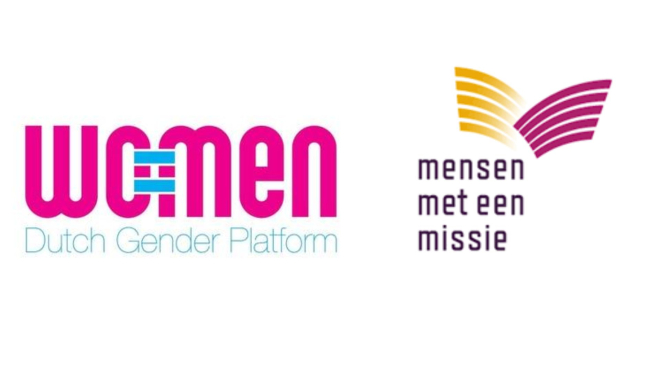Introduction
The word ‘peace’, literally translated, doesn’t exist in some indigenous languages in Colombia. For women in Afro-Colombian and indigenous communities, peace, reconciliation and gender equality have to do with healing, harmony and balance and collectivity. It is important to be aware of what the meaning of peace is in different contexts: when do people actually experience peace? And what does peace mean in your context?
The women in Afro-Colombian communities say that there are other ways of looking at peace. The territory and land should be in balance and collectivity (more than an individual perspective) is important. In a practical way, peace for them can be about the possibility to sow and harvest, or about being together with family in tranquility and to not fear that your kids are being recruited by armed groups. This deep connection with land and the community’s peace is reflected in Afro-spiritualities and other religious practices. Afro-spirituality and other religious practices play an important role in locally-led peacebuilding activities in Afro-Colombian communities, but also in other contexts such as the Democratic Republic of Congo. For women in the Democratic Republic of Congo, their Christian faith plays an important role in peacebuilding activities, but also having access to land and the notion of collectivity is important to the actual experience of a peaceful environment for these women.
With this event we will focus on the importance of cultural and ethnic identity, spirituality and faith in locally led peacebuilding efforts, healing and reconciliation, for female leaders. This will be done by presenting the research: "Afro-Colombian Narratives from the San Juan River: Women Leaders, Healing, Memory and Peace” and through stories and experiences of peacebuilding from female leaders from Colombia and the Democratic Republic of Congo. Two different contexts, but both contexts with a longstanding conflict and where women need to play an important role in peacebuilding and reconciliation.
Background
Mensen met een Missie has been accompanying female social leaders and their peacebuilding work in Colombia for many years. During the COVID-19 pandemic, violence against female leaders and human rights defenders was on the rise in Colombia. As a response Mensen met een Missie started an advocacy strategy to create awareness around the difficult situation of these women, as well as to show the important work of female social leaders who dedicate their lives to defend their communities and the rights of their territories.
Part of this process is the publication of a pedagogical photobook that narrates the life stories of 50 Indigenous and Afro-Colombian female social leaders and human rights defenders in central and southwestern Colombia. The presentation of the photobook took place last year at the Residence of the Dutch Embassy, together with the Dutch Ambassador, the Ambassador of the Delegation of the European Union and the Ambassador of Ireland.
With the interview material gathered for this photobook, research was undertaken on the realities of seven Afro-Colombian female social leaders. Women who live in contexts of armed conflict, and who despite this, continue their work as human rights defenders. This research, called; "Afro-Colombian Narratives from the San Juan River: Women Leaders, Healing, Memory and Peace” will be officially published in English and Spanish by the end of March 2023. The main insights from the research will be presented during this event.
In the Democratic Republic of Congo (DRC) and Burundi, Mensen met een Missie together with CARE NL, La Synergie des Femmes pour la Paix et la Reconciliation des Grands Lacs d’Afrique (SPR) and local partners are implementing the MANU2.0 programme. A NAP 1325 programme with the overall objective that women and girls in the DRC and Burundi participate meaningfully in conflict prevention, resolution, mediation, peacebuilding and protection.
